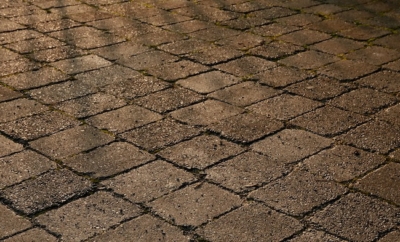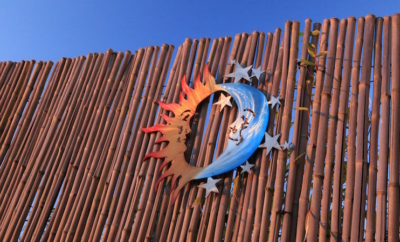
Existential Psychology
Existential Guilt
Understanding existential guilt requires the recognition that human beings are at once creaturely and godlike, biological organisms tied to the physical world who are also capable of transcending the biological and physical through their creative acts.
Other organisms on the planet don’t share this human dilemma. They do what their genes have programmed them to do. They don’t have much choice in the matter and fulfillment, if we can call it that, comes from doing what they’re supposed to do, from surviving within their niches and passing on their DNA to the next generation. With increasing complexity and mobility comes more choice, like that found in whales and apes, but no organisms approach humans when it comes to understanding the world as it is and imagining how it can be.
Humans can and do shape the history of the world through their creative and destructive acts. They imagine possibilities and sometimes turn these possibilities into realities. This is why we said that humans are godlike. It is their capacity to create that raises them above the strictly biological realm and into the transcendent realm, although they can never completely break free of the shackles of their creatureliness and always remain a part of the biological realm too, subject to all its laws.
This sets up an impossible conflict. Blindly following instincts produces guilt because on some level humans sense they are above the creaturely, that in many cases they can and should override their baser instincts, while at the same time breaking free of the creaturely, raising themselves up to godlike status through acts of creation or destruction, produces guilt because on some level humans sense that it’s hubris to disregard the powerful, inexorable forces of nature and instead make themselves responsible for the course of their lives and indeed the history of the planet, even the history of the universe if our descendents succeed in getting off the rock and out into the cosmos.
This is the origin of existential guilt. Religions trade on the fundamental human problem by setting up moral laws where adherents are made to understand guilt as stemming from disobeying these laws. But guilt only results from disobedience at the superficial level. At the deeper level disobedience is just the prerequisite. It’s creation in all its forms, or conversely choosing not to create despite the capacity to do so, that produces existential guilt because the ability to create implies the ability to transcend and the ability to transcend implies responsibility for outcomes, a situation that carries in its wake the ever-present possibility that the wrong choice was made.




